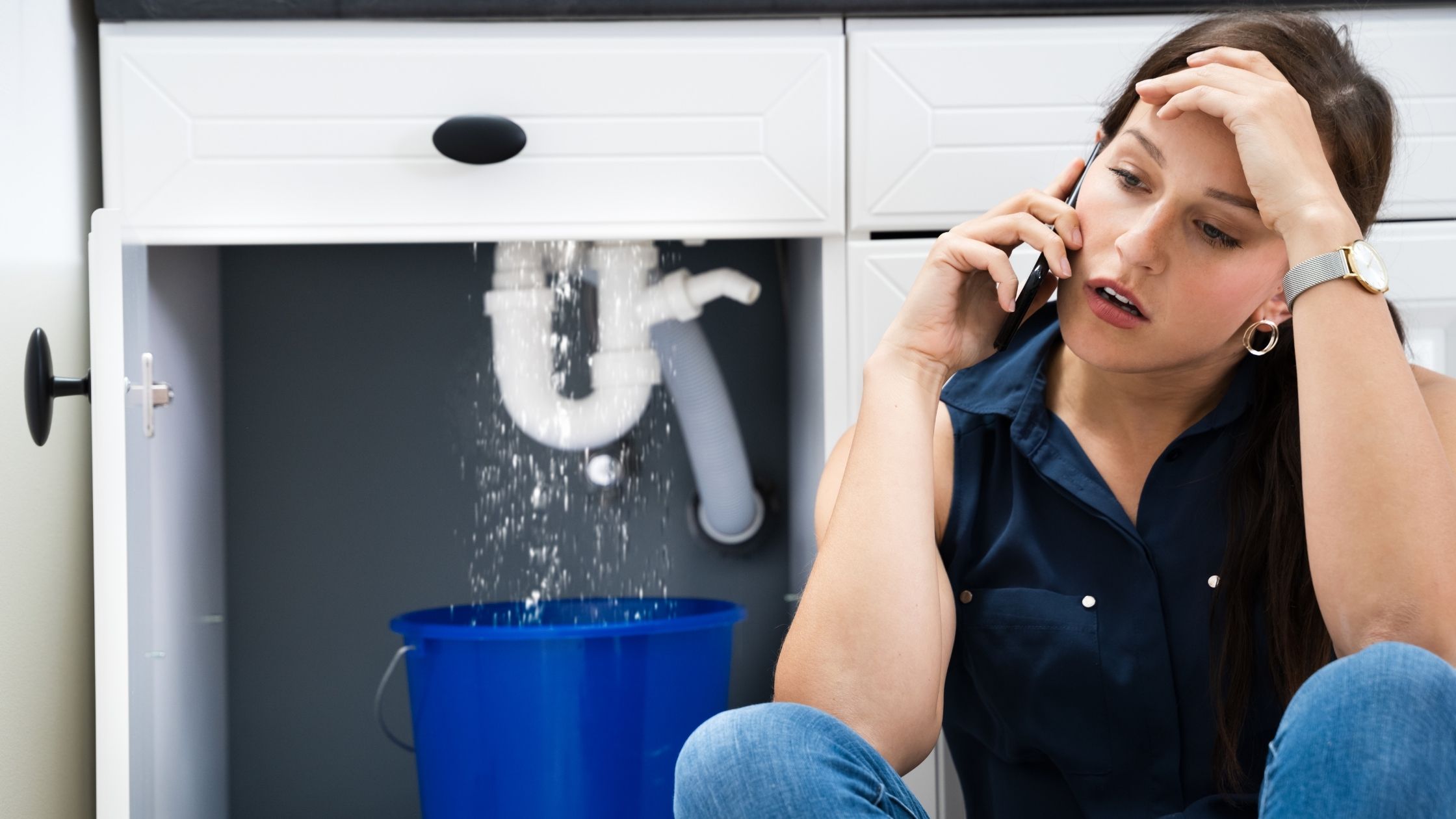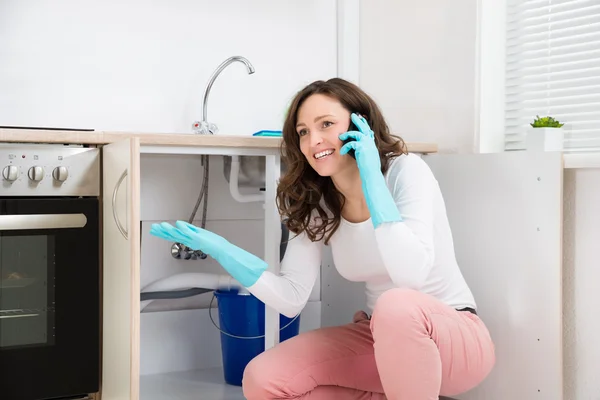The 5 Usual Sources of Water Leaks
The 5 Usual Sources of Water Leaks
Blog Article
Just how do you actually feel in relation to Common Causes of Water Leaks in the Home?

"Be careful of little expenditures. A small leak will sink a wonderful ship." - Benjamin Franklin.
He could not have actually been more right because water leaks in our homes cause a waste of sources, boosting our water expenses. This boost could appear negligible at initially, it can lead to considerable expenses that can damage your bank. Aside from a rise in bills, water leakages likewise create unwanted natural growth, architectural damage, and also also electrical dangers.
Figuring out if you have a water leakage isn't constantly easy because of being incapable to see a lot of the pipework in your home. If you have had an increase in your water costs recently, noticed water spots on wall surfaces as well as ceilings, smelt poor smell, and so on. You might wish to take into consideration asking for plumbing services to get it had a look at.
There are a number of root causes of water leaks, and we have actually put together the common factors listed below. Examine to see if you have had related concerns in your home recently.
Deteriorated pipe joints
Pipeline joints are the components of our plumbing system where the pipelines attach. It is important to note that even though pipelines are made to hold up against stress as well as last for a while, they weren't developed to last forever; for that reason, they would certainly wear away over time. A typical indicator of damaged pipeline joints is extreme noise from faucets.
High water pressure
You noticed your house water pressure is higher than common however after that, why should you care? It's out of your control.
It would certainly be best if you cared since your ordinary water pressure should be 60 Psi (per square inch) as well as although your home's plumbing system is created to endure 80 Psi. A rise in water pressure can put a pressure on your house pipelines and cause splits, or worse, burst pipes. If you ever before see that your home water pressure is more than common, get in touch with an expert regarding managing it.
Corrosion
As your pipework grows older, it obtains weak and also more vulnerable to rust after the regular flow of water via them, which can gnaw at pipes and trigger splits. A visible indication of deterioration in your house plumbing system is staining and although this may be hard to detect as a result of the majority of pipelines hidden away. We recommend doing a regular check-up every couple of years and also alter pipes once they are old to make certain a sound plumbing system
Obstructed drains pipes
Food particles, dirt, and also grease can create stopped up drains and also block the passage of water in and out of your sink. If undealt with, enhanced stress within the seamless gutters can end as well as create an overflow up cracking or bursting pipes. To stay clear of stopped up drains in your house, we encourage you to stay clear of putting bits down the drain and normal cleansing of sinks.
Broken seals
An additional source of water leakages in homes is broken seals of residence devices that make use of water, e.g., a dishwasher. When such appliances are set up, seals are installed around water connectors for simple passage of water via the device. Hence, a damaged seal can cause leakage of water when in use.
With little or no expertise of plumbing, understanding your home's plumbing system adequate to repair several of these issues (without repercussion) can be an inconvenience. Get in touch with plumbing specialists in Pittsburgh, Divine Superintendence, Rochester, and environ today, as well as they'll make those concerns go away.
He could not have been extra ideal since water leakages in our residences result in a waste of sources, increasing our water bills. If you have had an increase in your water bills recently, saw water stains on ceilings and walls, scented lousy odor, etc. A rise in water pressure can place a pressure on your house pipes and lead to splits, or even worse, burst pipes. An additional reason of water leaks in houses is damaged seals of home devices that utilize water, e.g., a dishwasher. When such home appliances are set up, seals are installed around water adapters for very easy flow of water via the equipment.
5 TIPS IN DETECTING A WATER LEAK IN YOUR HOUSE
Water leaks can be hard to find in your home, yet they can be so common. We rely on water every day in our home, which is why a leak can cause big problems. By detecting them early, you can save money and further damage, getting the problem fixed as soon as possible. Here are 5 tips to help you detect a water leak in your home, so you can contact a plumber straight away and get the issue sorted.
Check your water meter
Many people underestimate the value of the water meter in their home. It can be one of the best ways to tell if you have a leak early on, so you can get on top of it before issues start arising. Start by turning off all the water in your home: taps, washing machine, dishwasher, etc. Now take a look at the meter – if it’s still changing with everything turned off, it’s likely you have a fast-flowing leak that you need to get on top of straight away. If nothing changes, then leave your meter for an hour or two and come back to it. Did it change in this time? It’s likely you have a slower leak, which isn’t as urgent but still handy to get fixed so it doesn’t become a bigger problem.
Keep an eye on your bill
Another good way to detect a leak in your home is by keeping an eye on your water bill. It helps if you have a past bill from the same period of time. You can compare like for like and determine whether your water usage has increased significantly. If it has, there may be a leak in your system that you haven’t picked up before. A professional plumber can check through all of your pipes and determine where it is coming from.
Look for damage
If you have a leak inside your home, you will notice damage over time. Take a look at your showers and bathtubs and note whether any of the tiles surrounding the area seem to be discoloured or damaged in any way. There may be water stains, mould or peeling material that has resulted from a build up of moisture over time. Make sure you take a look under sinks at the back of cupboards that don’t get accessed regularly. This is where damage can go unnoticed and build up over periods of time.

Do you really like reading up on How to Find and Prevent Water Leaks in Your Home? Make a remark down the page. We would be delighted to see your suggestions about this blog post. In hopes to see you back again in the near future. Don't hesitate to take the time to promote this entry if you liked it. Thanks so much for taking the time to read it.
Fast and effective, call! Report this page